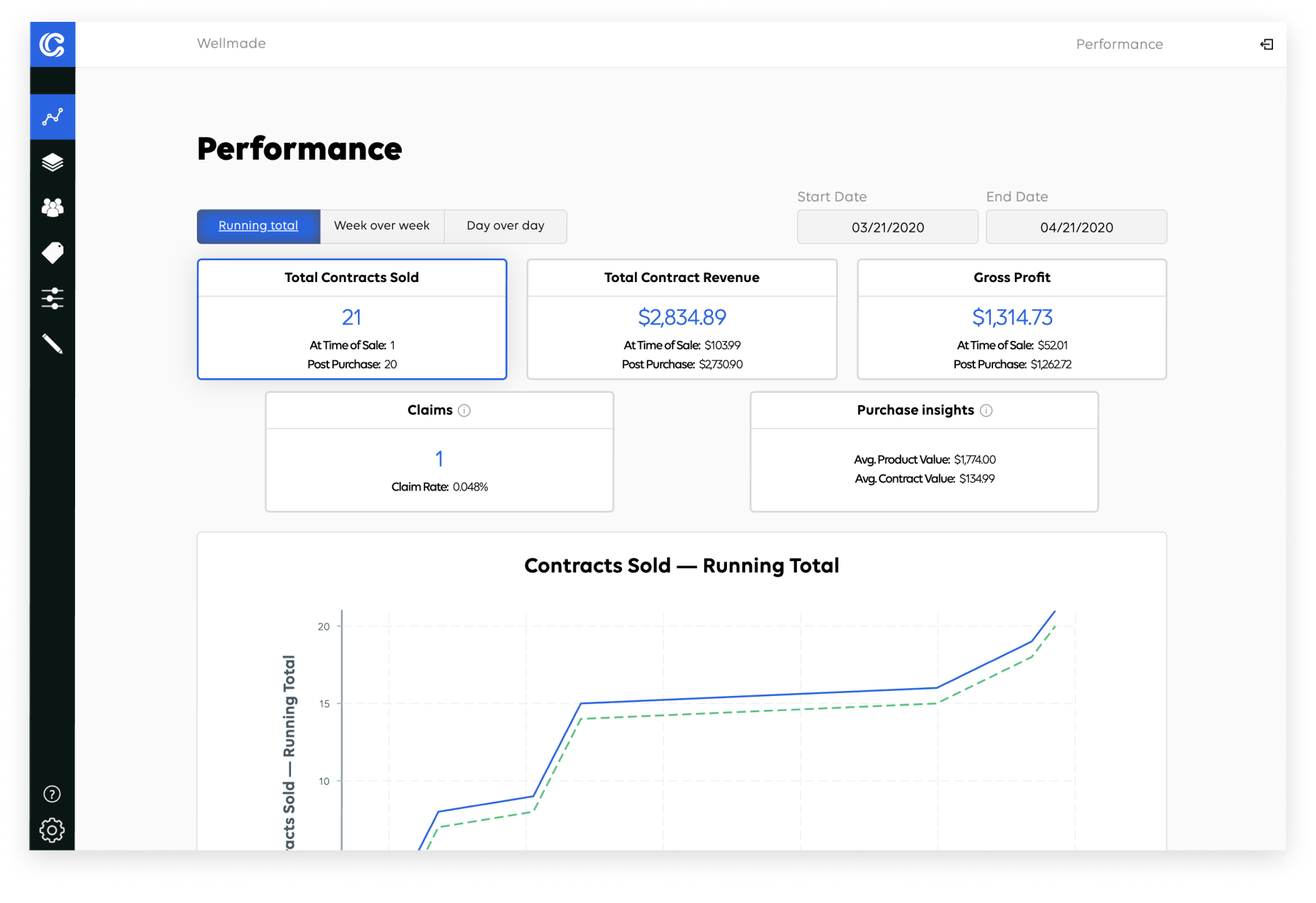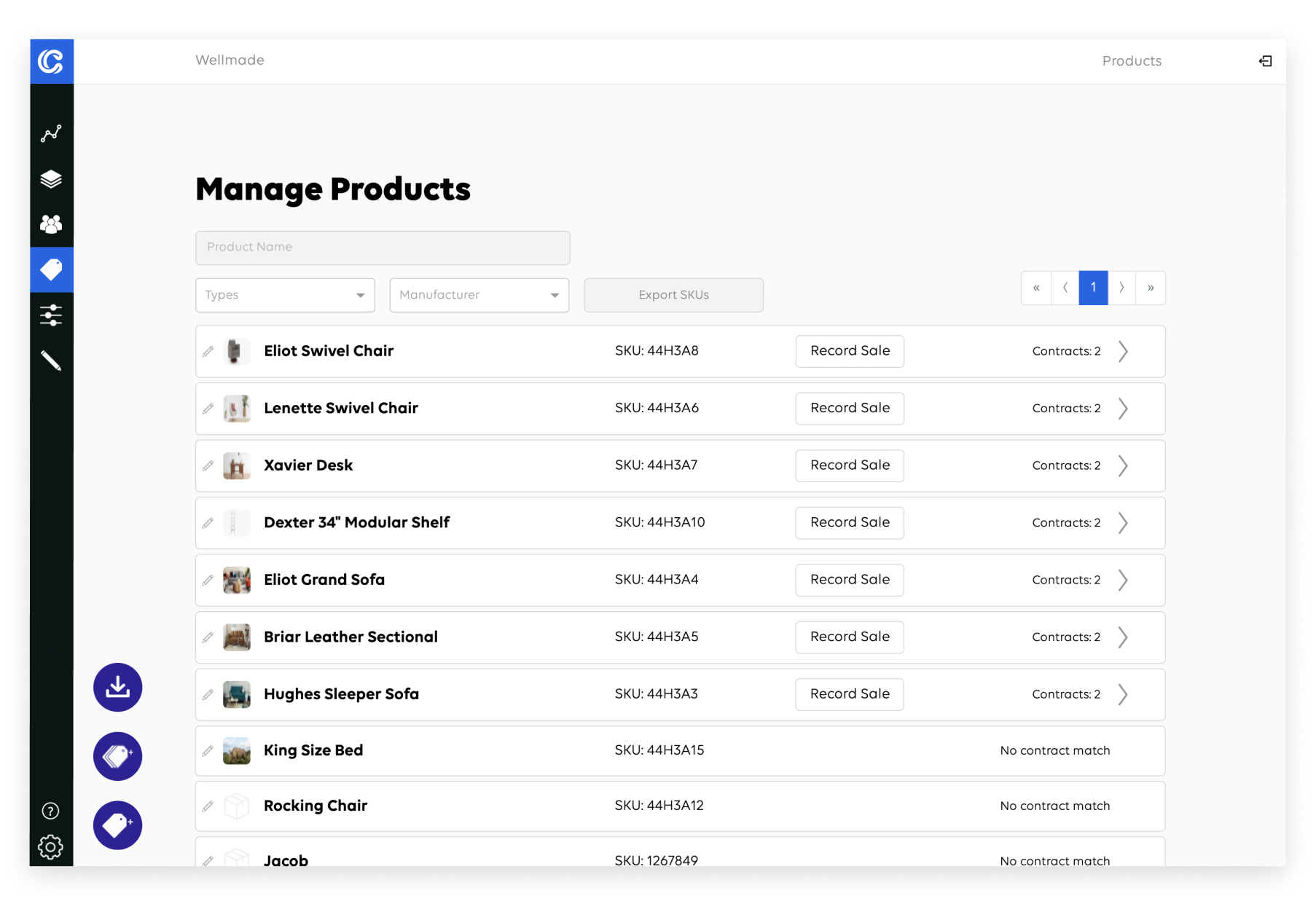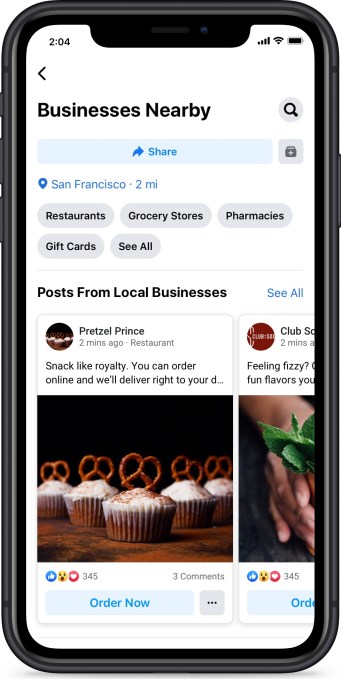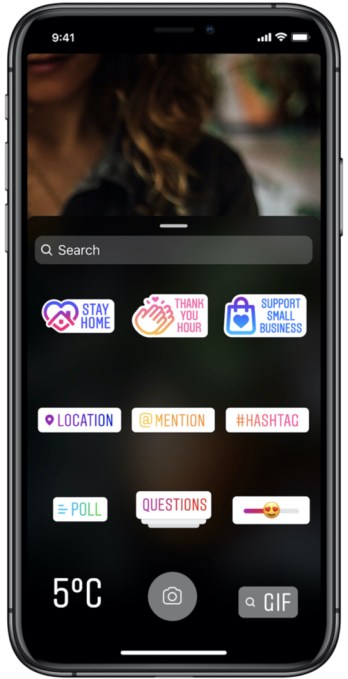Tesla turns to litigation in an attempt to reopen its California factory, we review Microsoft’s Surface Go 2 and Mount Sinai hospital starts using Nest cameras to monitor patients.
Here’s your Daily Crunch for May 11, 2020.
1. Tesla sues Alameda County to force California factory reopening
Tesla filed a lawsuit Saturday in an effort to invalidate orders that have prevented the automaker from reopening its factory in Fremont, California.
It seems that Tesla and its CEO Elon Musk has allies in the Trump Administration, since U.S. Treasury Secretary Steve Mnuchin told CNBC this morning that that California needs to work with Tesla so Musk can quickly and safely open the factory.
2. Microsoft Surface Go 2 review
Brian Heater notes that the Surface Go 2 has made a number of key sacrifices in the name of portability — the kind of thing you’d forgive in a device that you can use anywhere. The timing of the launch may be a bit awkward, since using the device exclusively at home brings its shortcomings into sharp focus.
3. Mount Sinai deploys Google Nest cameras for COVID-19 patient monitoring and communication
Using Nest Camera helps healthcare professionals, including nurses and doctors, limit their potential exposure to COVID-19. With the cameras they can centrally monitor and provide care while limiting person-to-person interaction to only extremely necessary contact.
4. Balderton Capital backs Primer, a fintech helping merchants consolidate the payments stack
Founded by ex-PayPal employees – via PayPal’s acquisition of Braintree — Primer is busy building out a payments API to (hopefully) rule them all, with the explicit aim of bringing greater transparency to a merchant’s payment stack. The thinking is that larger merchants, especially those that operate in more than one geography, have to support an array of payments methods.
5. Kingsoft Cloud IPO Defies Expectation as Vroom angles for debut
Alex Wilhelm is “nigh-incredulous” about the public debut of Kingsoft Cloud — the company has been growing quickly, but there were some real problems under the hood. (Extra Crunch membership required.)
6. Spotify officially launches a shared-queue feature called Group Session
This will allow two or more of Premium users in the same space to share control over they music being played. Think of it as a “party mode” for Spotify.
7. This week’s TechCrunch podcasts
The latest episode of Equity asks whether its’ better to be a private or public company right now, while the Original Content crew reviews “Waco” (a Paramount Network show that recently started streaming on Netflix) and the new science fictional comedy “Upload.”
The Daily Crunch is TechCrunch’s roundup of our biggest and most important stories. If you’d like to get this delivered to your inbox every day at around 9am Pacific, you can subscribe here.






